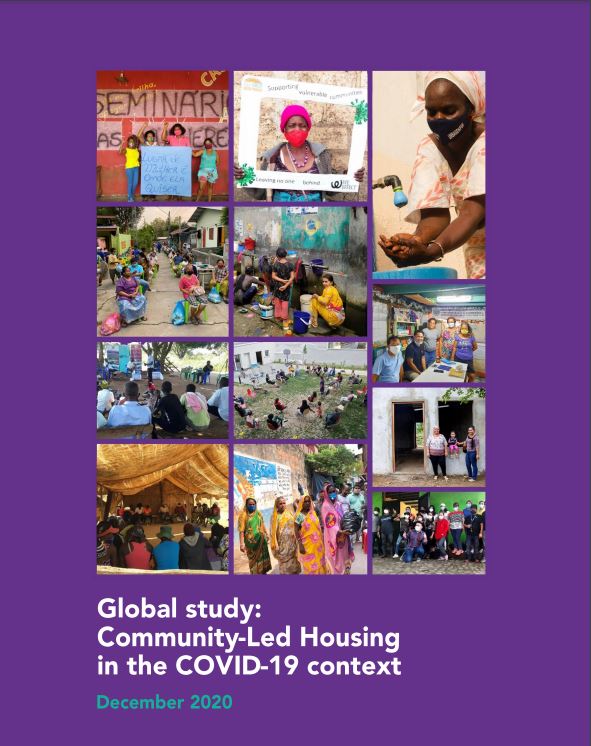What influence do our housing situation and neighborhood relationships have on our individual and collective ability to cope with the health and economic impact of the COVID-19 pandemic? UrbaMonde and We Effect conducted a study on this question.

2020 was marked by the novel coronavirus (COVID-19), with significant socio-economic consequences for most of the world’s population. Across the globe, citizens were advised by their national, regional or local governments and international organisations to lockdown, stay and work at home, reduce physical contact and social interactions, limit their movements and economic activity to “the essentials”.
In August 2020, We Effect mandated urbaMonde to conduct a global study to assess the interrelations between the type of housing and the extent to which residents are affected by the COVID-19 pandemic (in terms of health, social and economic impacts).
The study is based on the hypothesis that Community-Led Housing initiatives (Housing Cooperatives, Community Land Trusts, Co-Housing, Intentional Communities and neighbourhoods with a strong sense of solidarity and participation) allowed their residents to collectively organise self-help, defend their rights and prevent forced evictions, and to develop other resilience mechanisms in response to income loss and reduction due to the COVID-19 pandemic.
➧ Download the full study in English here
For a low resolution PDF, please download this version.
The study is also available in French, in Spanish and in Portuguese brasileiro HD – brasileiro ligero.
Conclusions
Despite the fact that the sample of respondents to the survey is quite small and non representative it permits to observer the following tendencies about the COVID-19 response. Cooperative Housing and CLT, as well as individual property cohousing initiatives show important benefits for their inhabitants in these times compared with irregular housing situations, borrowed or rental housing, and standard individual property:
- Security of land tenure: these models offer higher protection from evictions, foreclosure or necessity of moving to another place even if people lose part of their incomes (security funds, collective credit payback, monthly payback proportional to incomes, negotiation capacity with funders…).
- Income generation: previously organized groups for saving and housing are more likely to get together to create a emerging income-generating activity to adapt to job losses and economic crises (soap and masks production, buying food to neighbours.
- Solidarity activities: neighbours know each other (struggled together for housing, participate in assemblies, committees and activities…), they know vulnerable situations and can easily trust and help each other (ill, elderly, children, jobless, etc.).
- Together against isolation: collective activities help reducing the charge of tasks, especially on women, but also help emotionally and psychologically to prevent isolation, loneliness, stress and depression.
More info of this research and publication available at Urbamonde website.